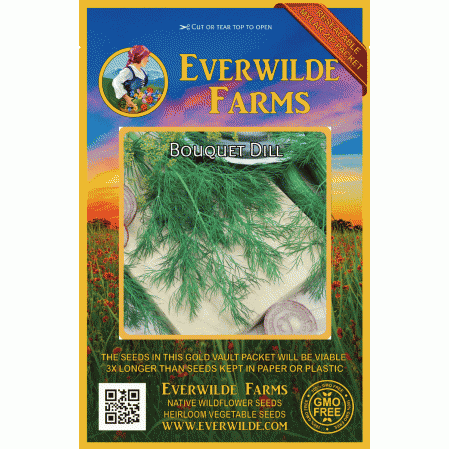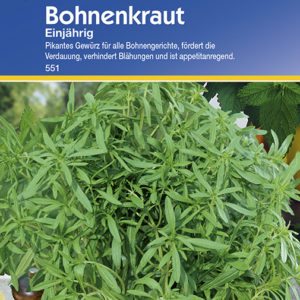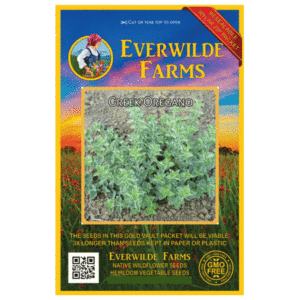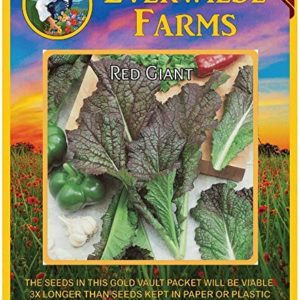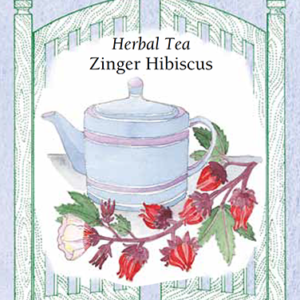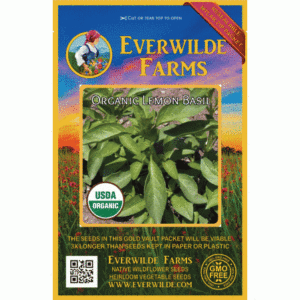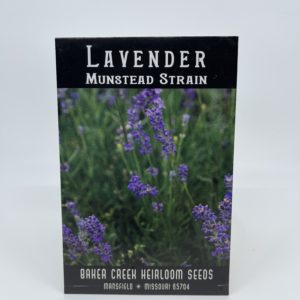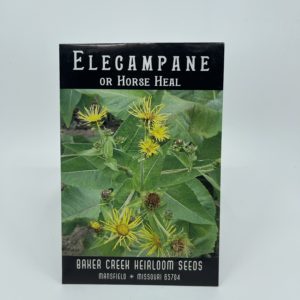شبنت
2,000 د.ك
Historical records suggest that dill has been used for medicinal purposes for over 5,000 years; its primary use was to calm the digestion and treat stomach ailments, hence its name from an old Saxon word meaning “to lull.” Ancient Greek tradition suggested covering the head with dill leaves to induce sleep, while many herbal remedies from ages past recommend dill to soothe colicky babies. Traditionally, dill was thought to bring good fortune, protection, and wealth. Though the origin of dill’s famous association with the pickle is not known, an 1640 recipe from the cook of England’s King Charles I requires dill in its pickled cucumbers. Today, German, Greek, and Scandinavian cuisine most often include dill.
Sowing: Since dill does not transplant well, direct sowing is the best method for planting; plant after the last spring frost in well drained, fertile soil and full sun. Sow Bouquet dill seeds 1/4″ deep and 8″ apart in rows 18″ apart, thinning to 12-15″ apart when the seedlings develop.
Growing: Keep the seedlings watered, and apply a layer of mulch to conserve moisture and control weeds. Since mature plants may bolt if the soil dries out, keep the soil consistently moist.
Harvesting: Harvest the fern-like dill leaves as needed as soon as they reach a desirable size; the best time to harvest is in the morning after the dew dries. Peak quality of the leaves occurs when the tiny flowers on the heads begin to open. Though the flavor is best when the leaves are fresh, they can be stored in the refrigerator for up to 2 days, dried, or frozen. The heads can be gathered as soon as most of the tiny flowers have opened. To gather Anethum Graveolens seeds, allow the heads to dry on the stems until the seeds ripen to a light brown. Cut the seed heads and spread them out to finish drying, then rub them gently to remove the seed. Store the seed in an airtight container.
Seed Saving: Dill reseeds itself readily if left alone after flowering, but the seeds can easily be gathered. Remove the umbrella shaped seed heads as soon as the seeds ripen to a light brown. Spread them out to dry in a location out of direct sunlight, then rub them gently to separate the seeds from the stems. Store Bouquet dill seeds in a cool, dry place for up to 5 years.
Common Names: Dill Weed
Latin Name: Anethum graveolens
Type: Open Pollinated, Heirloom, Cool Season|Warm Season
Life Cycle: Annual
USDA Zones: 3, 4, 5, 6, 7, 8, 9, 10, 11, 12
Seeds per Ounce: 20,000
Planting Method: Direct Sow
Sunlight: Full Sun
Height: 24 Inches
Color: Green
Bloom Season: Blooms Late Summer, Blooms Early Fall
Uses: Attracts Butterflies, Aromatic
غير متوفر في المخزون


